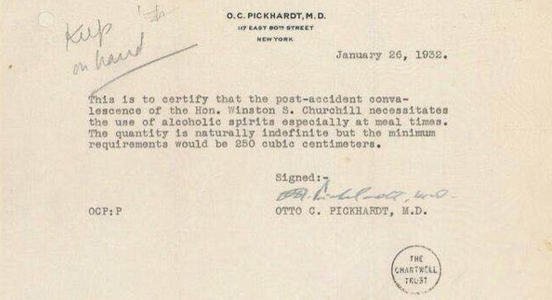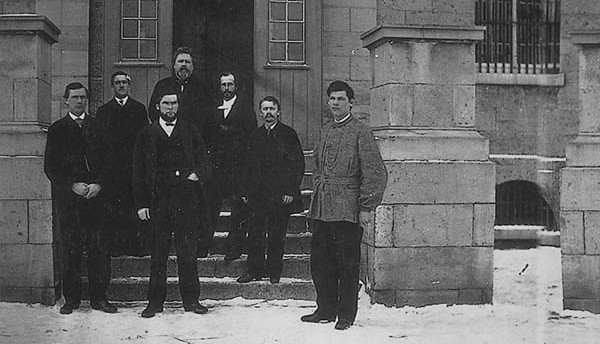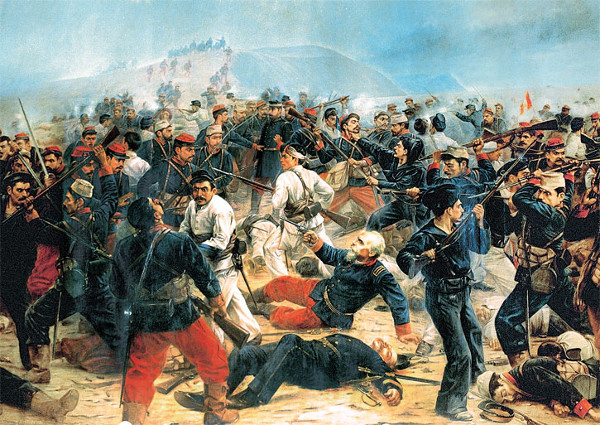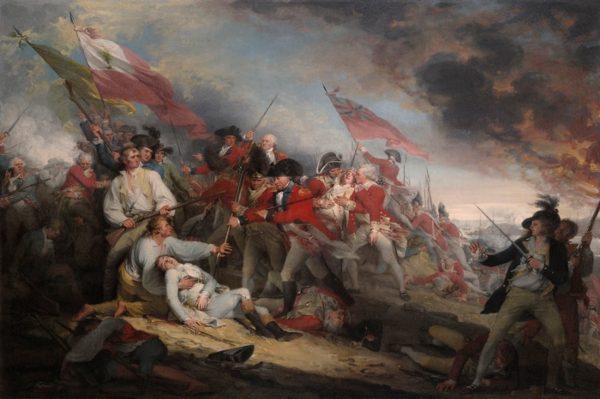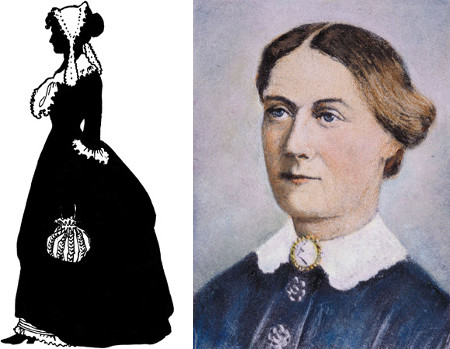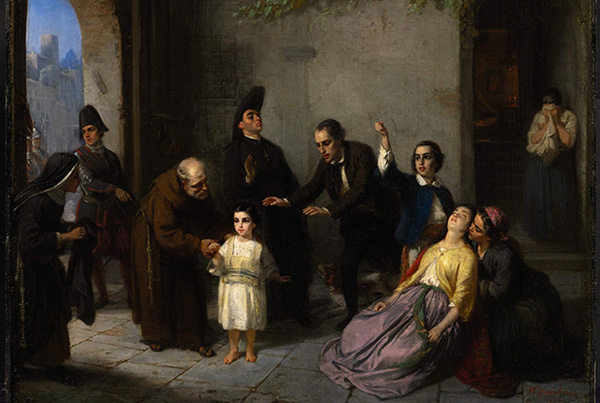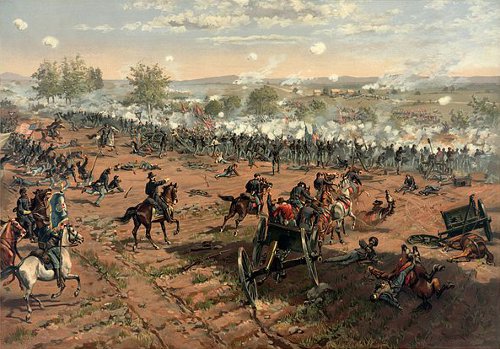
A letter from Abraham Lincoln to Fanny McCullough of Bloomington, Ill., whose father had died leading a charge in Mississippi, Dec. 23, 1862:
Dear Fanny: It is with deep regret that I learn of the death of your brave and kind father, and especially that it is affecting your young heart beyond what is common in such cases. In this sad world of ours sorrow comes to all, and to the young it comes with bitterer agony because it takes them unawares. The older have learned ever to expect it. I am anxious to afford some alleviation of your present distress. Perfect relief is not possible, except with time. You cannot now realize that you will ever feel better. Is not this so? And yet it is a mistake. You are sure to be happy again. To know this, which is certainly true, will make you some less miserable now. I have had experience enough to know what I say, and you need only to believe it to feel better at once. The memory of your dear father, instead of an agony, will yet be a sad, sweet feeling in your heart of a purer and holier sort than you have known before.
Please present my kind regards to your afflicted mother.
Your sincere friend,
A. Lincoln

